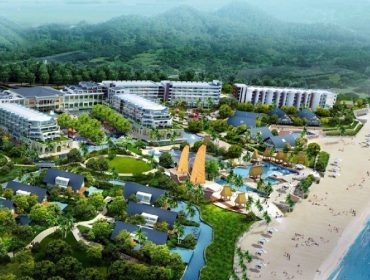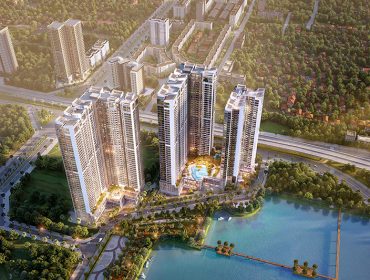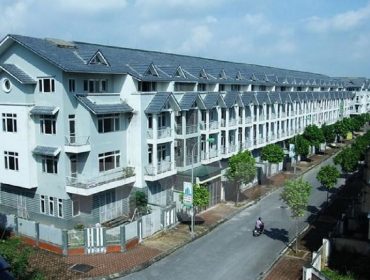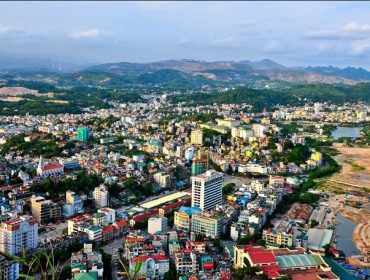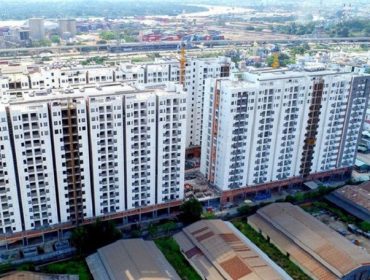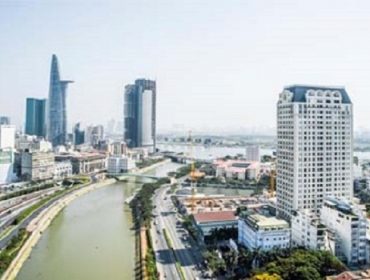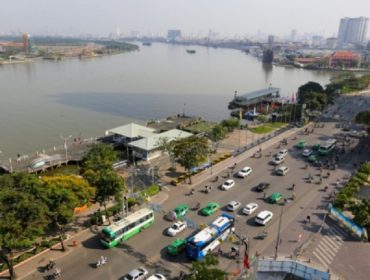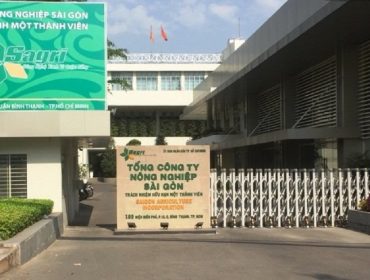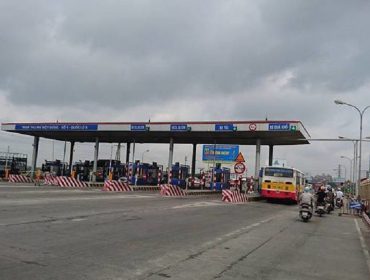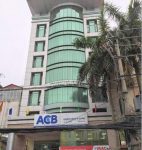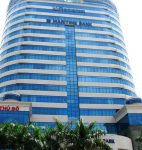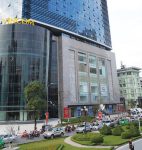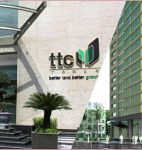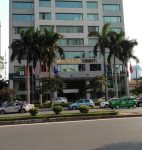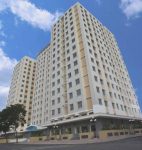Hotline:
(+84) 898 898 688Investing in the hotel market will reach about $ 9 billion
This is JLL’s assessment of investment in the Asia Pacific hotel market in 2017.
Specifically, according to JLL, in 2016, the hotel market in Asia Pacific has recorded a series of large M & A deals such as Marriott International Group acquired Starwood Hotels and Resorts or acquisition of Carlson of the HNA Tourist Group. JLL forecasts that this trend will continue in 2017.
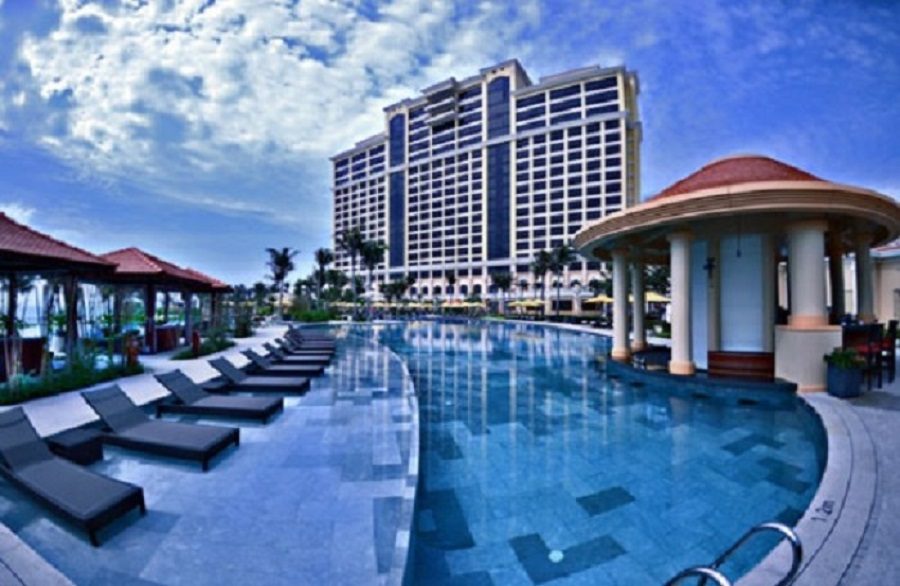
JLL said total investment in the Asia Pacific hotel market this year will reach $ 8-9 billion
“We expect to see more sustainable cooperation between operators and owners as well as the need to increase the level of competition among investors in their growth strategies,” said Lauro Ferroni. , Said JLL Hospitality Group Vice President.
According to statistics, the total investment in the hotel market in Asia Pacific in 2016 reached about $ 8.5 billion. This year, the volume of investment is expected to remain stable, ranging from $ 8-9 billion. China is expected to remain a key investor despite the government’s announcement of controlling foreign investment in mid-December.
“The number of investors coming from Asia will continue to increase with the lead of corporations from Singapore. Hong Kong investors – based on capital linked to mainland China – are also a Dynamic forces, “said Frank Sorgiovanni, Research Director, Asia-Pacific Hotel Division at JLL.
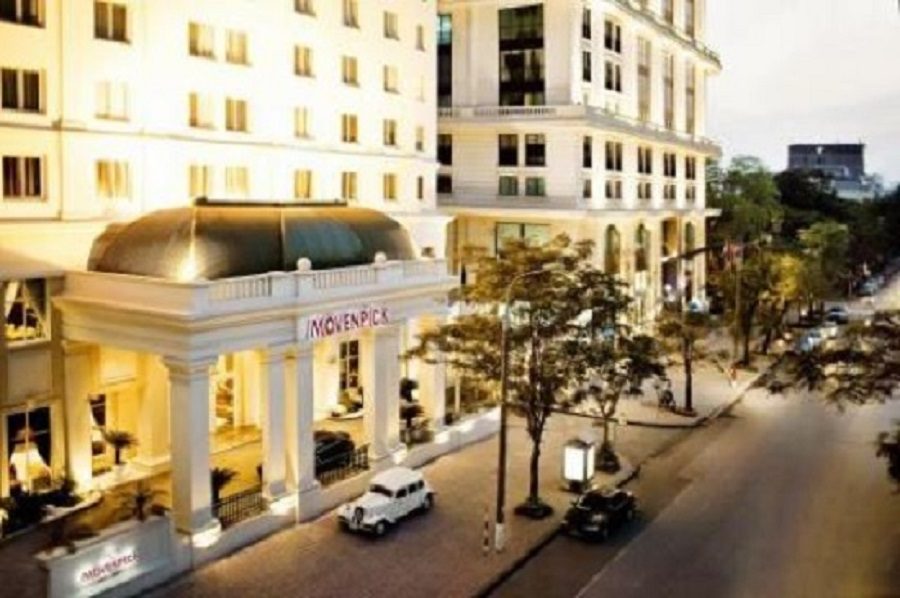

The Asia Pacific hotel market is forecast to have more M & A deals in 2017
According to Frank Sorgiovanni, in 2017, the hotel market in Asia Pacific will have four different trends. In particular, the most prominent point is that China will continue to pour capital.
“The country is always attracted to hotel properties, and the devaluation of the yuan means investors are looking for opportunities in the US and Europe to maximize profits. Chinese investors will keep an eye on key global asset portfolios such as New York, London, Paris, Hong Kong, Tokyo and Sydney, “said Frank Sorgiovanni.
However, JLL’s director also said that although the investment from China will be spread in the global hotel market, but the transaction will reduce, especially for transactions over $ 1 billion. The reason is that China is embarking on a major change in policy designed to prevent outside investment.
In addition to China’s investment trend, the second most noticeable trend is that Japan and Australia are within the reach of investors. Japan is expected to have one or two key property transactions and hotel portfolio portfolios will also be limited to entering the market. Meanwhile, Australia will launch new hotels to ease the supply crisis as the country faces huge demand from tourists, particularly in Sydney and Melbourne.
The Southeast Asian market is also expected to strongly attract investors. JLL said investors are interested in Thailand, Vietnam and Singapore.
“Thailand, Vietnam, Hong Kong and Singapore continue to record strong commercial and tourist growth, with the number of tourists arriving in Singapore and Vietnam a record year,” said Sorgiovanni. “Long-term investors have come here for vacation and investment opportunities in resorts and financial centers.
And for Malaysia, Cambodia, and Myanmar – where big deals last year – annual tourist attractions are being spurred, even if travel companies from Kuala Lumpur have been affected due to the price crisis in the petrochemical and gas industry.
The final trend is the more developed housing solution in Asia Pacific. According to JLL research, finding accommodation at sites such as Airbnb and Homeaway accounts for about 10% of total bookings in the world’s leading markets. The hospitality industry is looking for creative partners for a typical housing solution, such as the one-branded Accorhotel Onefinestay acquisition in 2016.
You are reading the article Investing in the hotel market will reach about $ 9 billion in the Real Estate category at https://realestatevietnam.com.vn/. Any information sharing, feedback please contact through Hotline (+84) 898 898 688 (24/7) or email to contact.vietnamrealestate@gmail.com.
Special thanks!


